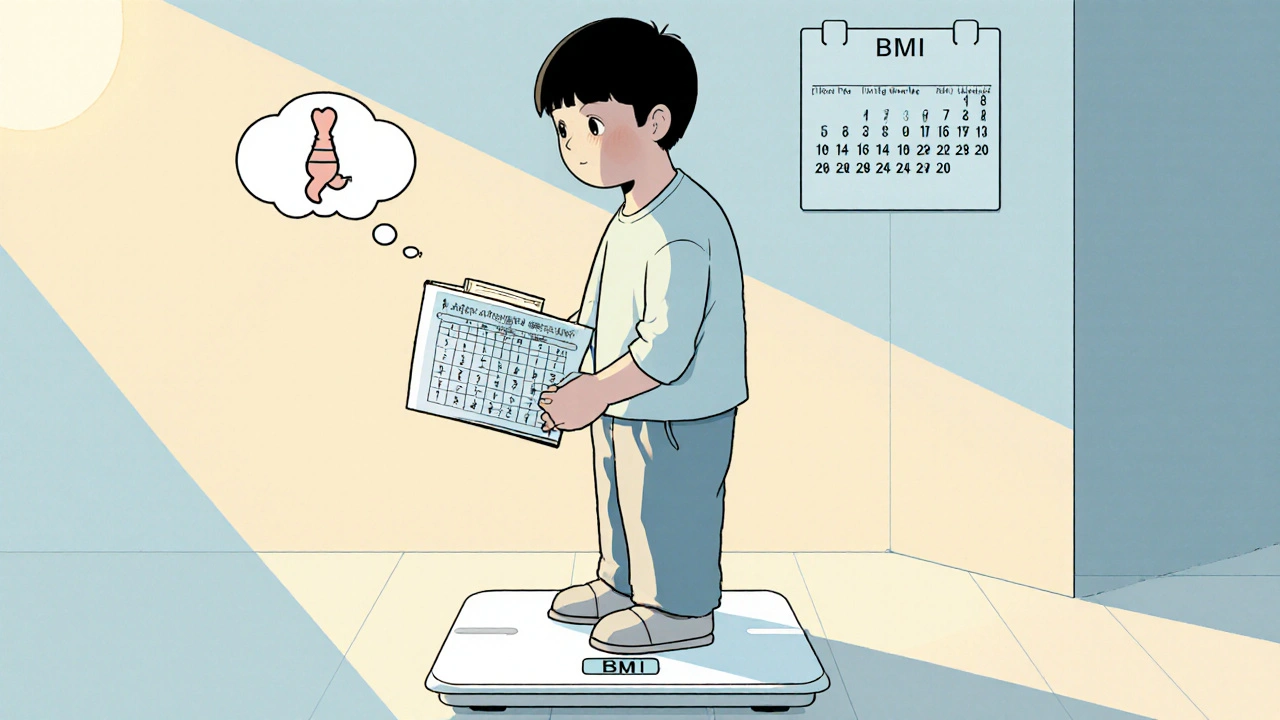Inflammatory Bowel Disease Diet: What to Eat, What to Avoid
When you’re living with inflammatory bowel disease, a chronic condition that causes inflammation in the digestive tract, including Crohn’s disease and ulcerative colitis. Also known as IBD, it doesn’t just affect your gut—it shapes your whole daily routine, especially what’s on your plate. There’s no one-size-fits-all inflammatory bowel disease diet, but what you eat can make flare-ups less painful, help your body heal, and keep you feeling stronger longer. This isn’t about strict rules or miracle foods—it’s about finding what works for your body, one meal at a time.
Your gut is sensitive during flare-ups, and certain foods can act like fuel for inflammation. High-fiber veggies like broccoli or raw kale might feel like sandpaper on an irritated lining. Dairy can trigger bloating if you’re lactose intolerant, which is common with IBD. Fatty, fried foods? They often lead to cramps and diarrhea. On the flip side, cooked carrots, white rice, lean chicken, and bananas are gentle on the gut and often well-tolerated. The key is tracking: write down what you eat and how you feel afterward. Over time, patterns emerge. You’ll start to see that oatmeal might be fine one week but trigger pain another—maybe because of added nuts or sugar. That’s not inconsistency; that’s your body talking.
What you need changes depending on whether you’re in remission or in a flare. During a flare, low-residue diets help reduce bowel movements and irritation. When things calm down, you can slowly reintroduce more variety to rebuild gut health. Probiotics from yogurt or supplements might help restore balance, but not everyone responds the same. Some people find relief with elemental diets—liquid formulas that give nutrients without requiring digestion. Others swear by the low-FODMAP plan, which cuts out certain sugars that ferment in the gut and cause gas and pain. And while supplements like vitamin D, iron, or B12 won’t cure IBD, they often fill gaps left by poor absorption.
This isn’t just about avoiding triggers. It’s about staying nourished. Many people with IBD lose weight or become deficient because their body can’t absorb nutrients properly. That’s why working with a dietitian who knows IBD matters more than following random blogs. You need a plan built for your body, not a generic list from the internet. The posts below pull from real patient stories, clinical insights, and practical guides—covering what to eat during flares, how to handle food intolerances, why hydration matters more than you think, and how to avoid nutrient gaps without relying on pills alone. You’ll find clear, no-nonsense advice from people who’ve been there—and the science behind why it works.

